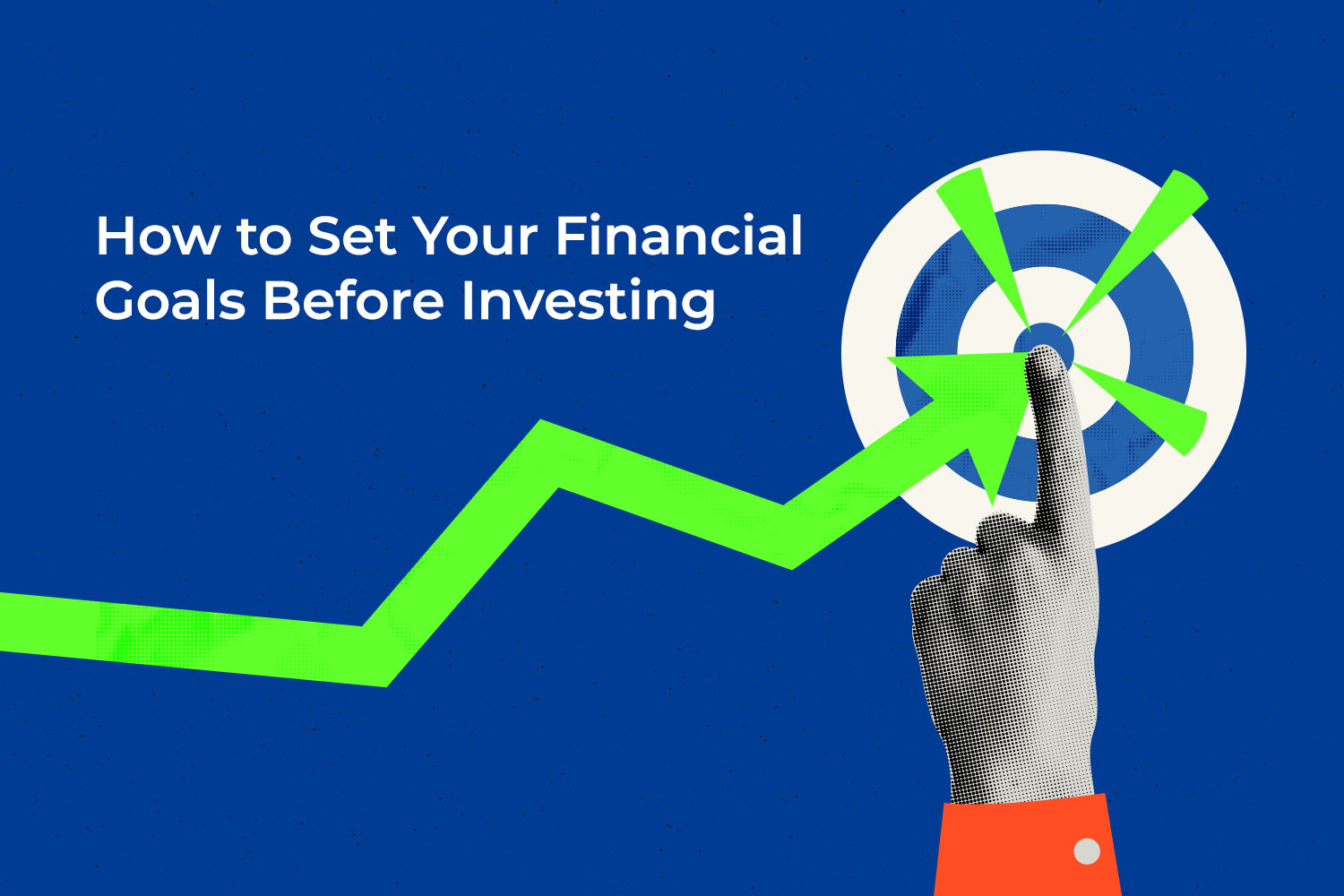Are you looking to grow your savings? Investing in investment funds could be a smart move if you're exploring options to make your money work for you. Over recent years, these funds have gained immense popularity as one of the most accessible financial tools. But before making any decisions, it's essential to understand how they work and assess whether they align with your financial goals.
In this detailed guide, we’ll break down everything you need to know about investment funds in Egypt, including their benefits, types, and how they operate.
What is an Investment Fund?
Let’s start with a simple definition. Investment funds are a way of pooling financial resources from a group of individuals to invest in a diversified portfolio of assets managed by professional fund managers. Essentially, they’re a collective investment approach where multiple investors contribute their money, and financial experts manage it to generate returns.
One key advantage of investment funds is that they provide an opportunity to diversify your portfolio. This means you can invest in various asset classes, such as stocks, bonds, currencies, real estate, and commodities, without requiring significant capital or expertise.
In short, investment funds enable you to invest wisely and reduce risk, even if you don’t have extensive knowledge of the financial market. Professional fund managers take care of the decisions and strategies, making it an accessible option for many.
How Do Investment Funds Work?
When you invest in an investment fund, you are essentially buying a share of the fund itself. These shares represent your stake in the overall value of the fund’s portfolio. As more people invest, the fund grows, issuing new shares to accommodate the additional capital.
The money collected is then used to purchase a diversified mix of assets chosen by the fund manager. This diversification reduces risk and increases the chances of earning a return.
Practical Example
Imagine you have EGP 5,000 and want to generate returns. Instead of investing the full amount in a single stock or bond, you decide to invest in an investment fund. Your contribution is pooled with funds from other investors, and the fund managers strategically allocate the combined amount across various assets to maximize returns.
This approach provides diversification, professional management, and reduced individual risk—making it a smart investment strategy for many.
Advantages and Disadvantages of Investment Funds
Advantages
1- Diversification
Investment funds spread your money across a variety of assets, minimizing the impact of poor performance in any single investment.
2- Professional Management
Fund managers are experienced financial experts who analyze market trends and make informed decisions to optimize returns.
3- Accessibility
Investment funds allow small-scale investors to access markets and assets that would typically require significant capital or expertise.
4- Liquidity
Most investment funds allow you to buy or sell your shares easily, providing high liquidity.
5- Cost Efficiency
Since funds pool resources from many investors, transaction costs are shared, often leading to lower expenses compared to individual investments.
Disadvantages
1- Uncertain Returns
The past performance of a fund does not guarantee future results, meaning returns are not guaranteed.
2- Market Risks
Investment funds are subject to market volatility, which can lead to fluctuations in value and even potential losses.
3- Fees and Expenses
Management fees, entry/exit charges, and other operating expenses can reduce overall returns, especially in actively managed funds.
4- Lack of Control
Investors have little say in how the fund is managed, as decisions are left to professional fund managers.
5- Redemption Risks
If many investors withdraw their money at once, the fund may be forced to sell assets quickly, potentially affecting the remaining investors.
Types of Investment Funds in Egypt
Understanding the various types of investment funds will help you compare their benefits and risks to select the best option for your financial goals:
- Fixed-Income Funds
These funds primarily invest in fixed-income securities like bonds, treasury bills, and government securities. They offer lower risk and steady returns, making them ideal for conservative investors.
- Equity Funds
Equity funds focus on stocks listed on the Egyptian Exchange (EGX). These funds offer higher potential returns compared to fixed-income funds but come with greater risk.
- Balanced Funds
Balanced funds combine investments in both stocks and fixed-income securities. Some funds lean more toward equities (higher risk), while others focus on bonds (lower risk). This makes them suitable for moderate-risk investors.
How to Choose the Right Investment Fund?
There’s no one-size-fits-all strategy for investing. The right fund for you will depend on your financial goals, risk tolerance, and investment horizon. Here are some key factors to consider:








